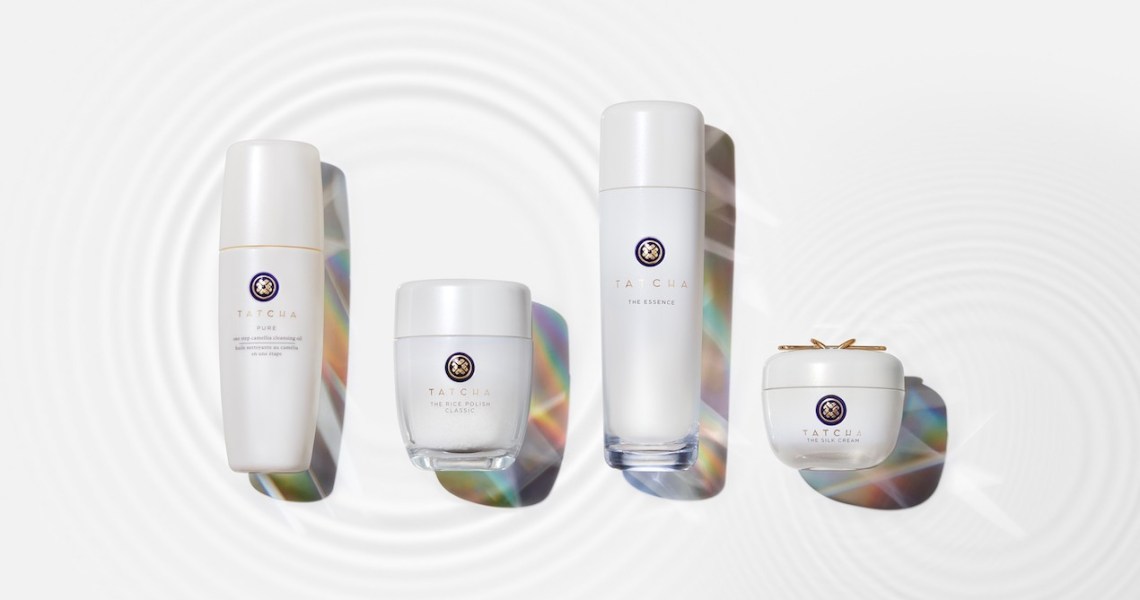With people’s lives back in busy mode in 2022, skin-care brand Tatcha is leaning into psychodermatology and self-care.
“During the pandemic, we all had a moment of resetting ourselves — rethinking and recalibrating what’s important to us and how we can better take care of ourselves by looking inside. Then the world started to open up, and we were kind of searching, ‘How do we make sense of all of this?’” said Tatcha CEO Mary Yee. Last week, the brand released a new research report on just how overwhelmed people have become in their post-lockdown lives, and what this means for their skin.
“Stress levels are high and worsening skin issues,” said Yee. Surveying 1,065 people, including 841 women, the report, which was released with a video for Tatcha’s “Live Present” campaign, found that 69% said they felt burnout in the past 12 months. In addition, “three out of four people reported being mentally absent for half or more of the day,” she said. Seventy percent said they noticed changes in their skin, as a result of stress.
Beauty brands’ self-care and mental health marketing skyrocketed at the height of lockdown. As this messaging evolves, Tatcha is the latest brand to pair self-care with the psychodermatology concept that’s recently been embraced by beauty brands. According to Yee, this includes working with mental health-focused partners such as Dr. Qing Li, an expert on the benefits of the Japanese practice of “forest bathing,” while incorporating ingredients into the skin care that have psychological benefits. The brand’s body-care ingredient hinoki oil, for example, is said to have stress-relieving properties.
But back to their busy lives, consumers have less time for elaborate skin routines. At the same time, they’re upping their spending on makeup for IRL work and parties, following the lockdown-era self-care boom. For Tatcha’s marketing strategy, the key is to “promote this ritualization of a skin-care routine,” as the pace of life has returned to a frenzy, said Yee. She joined Tatcha in October 2021, following the brand’s acquisition by Unilever in June 2019 for an estimated $500 million. Founded by Vicky Tsai in 2009, the brand has tapped into self-care messaging from the start.
The brand’s product roster is still heavily focused on skin care and “continuing down the path of putting mental wellness at the forefront of product decisions,” said Yee. While Tatcha has several makeup-adjacent products and has long worked with celebrity makeup artist Daniel Martin, new product launches have been in the skin category this year; it expanded into body care and launched new facial skin-care products including a clay mask and texture tonic.
For future growth, Tatcha will continue its international expansion. It is looking to further grow in Asia, and it launched in the U.K. in the past year. According to Unilever’s half-year financial report, the newly acquired brand’s global expansion has helped drive “double-digit growth” in the conglomerate’s prestige beauty portfolio.
The return to daily life has also moved consumers’ choice retail channel back from online to the store.
“DTC had grown … because of the pandemic,” said Yee. “But given that stores have opened up this past year, everyone’s longing for that experience of coming into a store and trying the product. So being back in stores has been a source of growth for us.”




